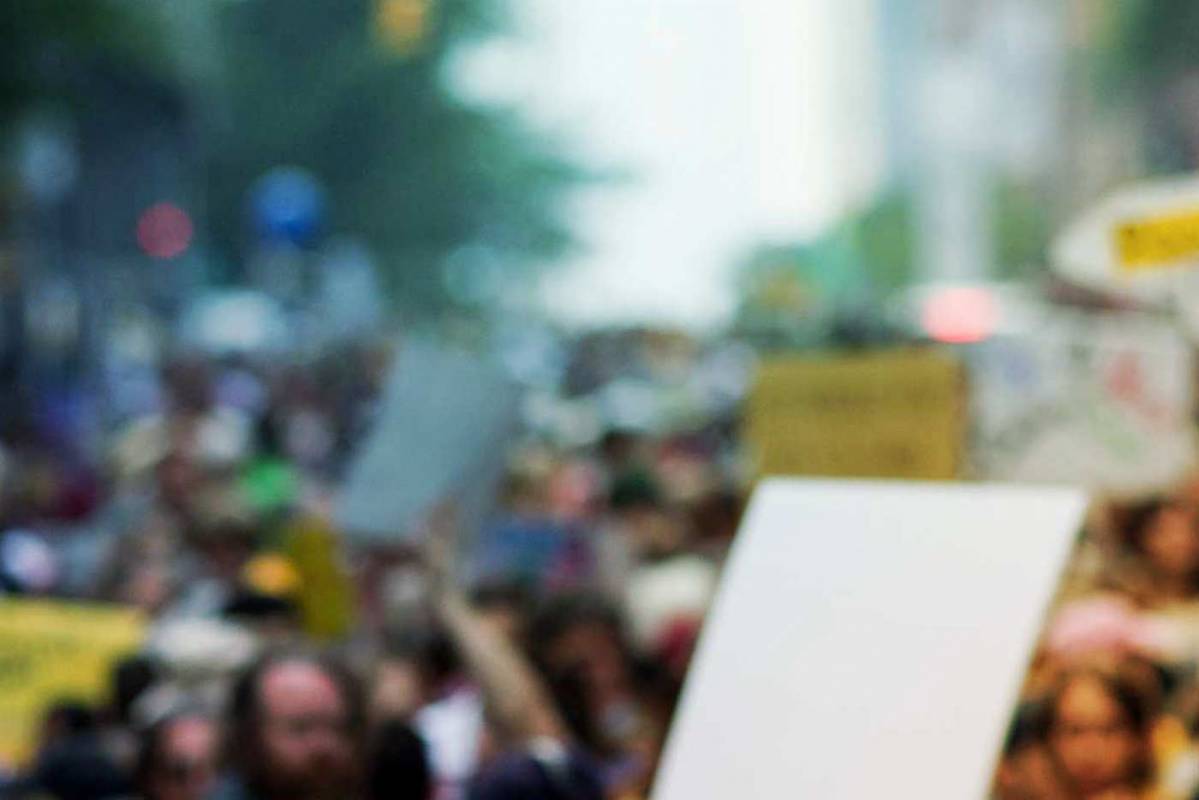Global Climate Strike
Millions of school strikers have shown they’re serious about climate action.
Will you join?
School strikers are calling on everyone: young people, parents, workers, and all concerned citizens to join massive climate strikes and a week of actions starting on September 20.
People all over the world will use their power to stop “business as usual” in the face of the climate emergency. We will join young people in the streets to demand an end to the age of fossil fuels and emergency action to avoid climate breakdown.
Join the climate strikes this September
Join young people in the streets for global climate strikes and a week of actions to demand an end to the age of fossil fuels and climate justice for everyone.
We’ll keep you updated about events near you and how to support the climate strikes.

